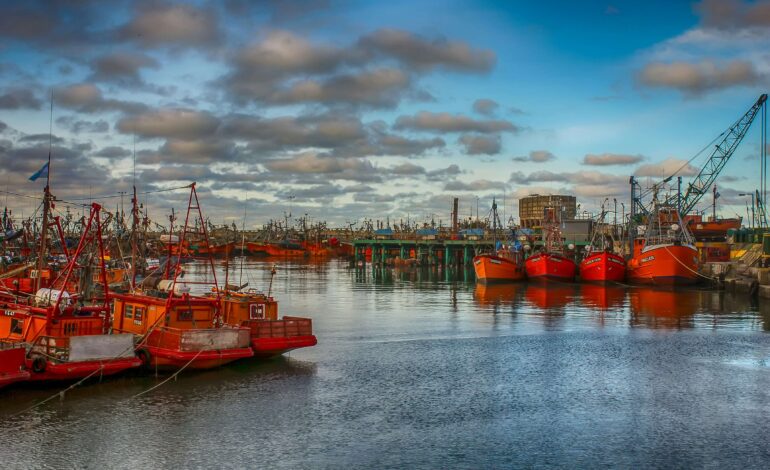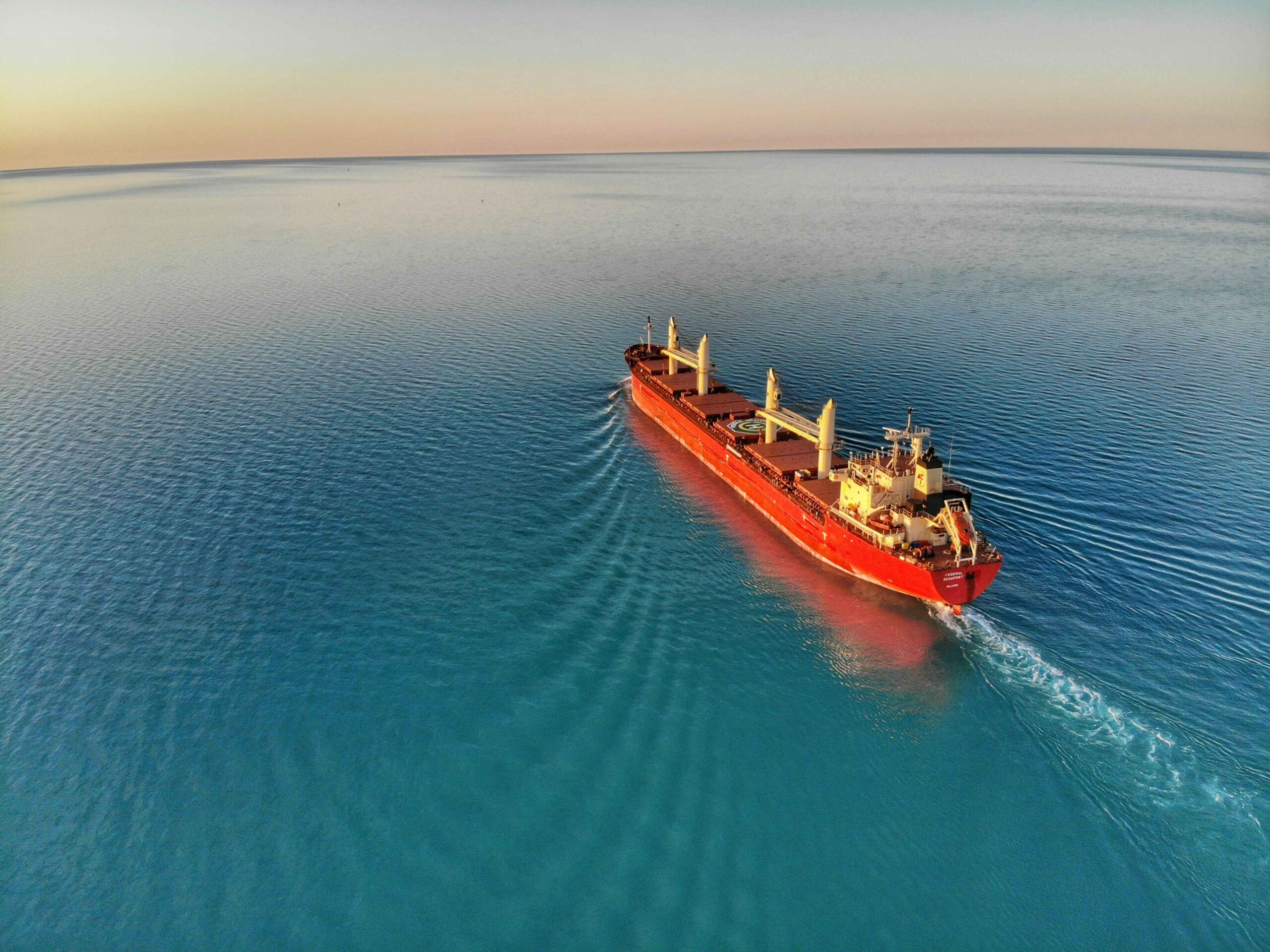
Impact of artificial intelligence in maritime logistics
The maritime logistics industry, a critical backbone of global trade, has undergone significant transformation over the years. One of the most profound changes in recent times is the integration of Artificial Intelligence (AI) into its operations. AI is revolutionizing maritime logistics, enhancing efficiency, safety, and sustainability while driving the industry towards a future of smart shipping. This article delves into the impact of AI on maritime logistics, highlighting its applications, benefits, and the challenges it presents.
Optimizing Supply Chain Operations
AI plays a crucial role in optimizing supply chain operations within maritime logistics. With the ability to analyze vast amounts of data in real time, AI-driven systems can predict demand patterns, optimize routing, and manage inventory more efficiently. For instance, predictive analytics powered by AI can forecast shipping demand, helping companies to adjust their operations accordingly. This leads to better resource allocation, reduced operational costs, and minimized delays, ultimately improving customer satisfaction.
Enhancing Navigation and Vessel Management
One of the most significant impacts of AI in maritime logistics is in the domain of navigation and vessel management. AI-powered systems can process and analyze data from various sources such as weather reports, ocean currents, and vessel traffic information to optimize routes and enhance navigational safety. Autonomous ships, which are currently being developed and tested, rely heavily on AI for their operations. These vessels can navigate with minimal human intervention, reducing the risk of human error, which is a leading cause of maritime accidents.
Moreover, AI algorithms can optimize fuel consumption by analyzing data on engine performance, weather conditions, and sea states. This not only reduces operational costs but also contributes to environmental sustainability by lowering greenhouse gas emissions. The ability of AI to provide real-time insights and recommendations makes vessel management more efficient, ensuring that ships operate at peak performance.
Improving Port Operations
Ports are the critical nodes in maritime logistics, and AI is transforming how they operate. AI-driven automation is being used to streamline port operations, from cargo handling to customs clearance. Automated cranes, guided by AI systems, can move containers with precision and speed, reducing the time ships spend in port. This efficiency is further enhanced by AI-powered predictive maintenance systems that monitor equipment health and predict failures before they occur, minimizing downtime.
In addition, AI is being utilized to optimize berth scheduling and yard management. By analyzing historical data and real-time information, AI can allocate berths more efficiently, reducing congestion and improving turnaround times. The use of AI in port operations also enhances security by identifying potential threats through advanced surveillance systems, ensuring the safety of cargo and personnel.
Facilitating Predictive Maintenance
Predictive maintenance is another area where AI is making a significant impact. Traditional maintenance practices are often reactive, addressing issues only after they have occurred. However, AI enables a shift towards predictive maintenance, where potential problems are identified and addressed before they lead to equipment failure. By analyzing data from sensors embedded in machinery and equipment, AI algorithms can detect patterns and anomalies that indicate impending issues. This proactive approach reduces downtime, extends the lifespan of equipment, and lowers maintenance costs.
Enhancing Regulatory Compliance
The maritime industry is subject to stringent regulations, particularly concerning environmental standards and safety. AI can assist in ensuring compliance with these regulations by monitoring operations and providing real-time feedback. For example, AI systems can track emissions and provide alerts when they exceed permissible levels, allowing operators to take corrective action immediately. This not only helps in avoiding penalties but also promotes a culture of sustainability within the industry.
Challenges and Future Prospects
While the benefits of AI in maritime logistics are substantial, the technology is not without its challenges. The implementation of AI requires significant investment in technology and infrastructure, which may be a barrier for smaller companies. Additionally, there is a need for skilled personnel who can manage and operate AI systems. Data security and privacy are also major concerns, as the increasing reliance on digital systems makes the industry vulnerable to cyber threats.
Looking ahead, the future of AI in maritime logistics is promising. As technology continues to evolve, AI systems will become more sophisticated, leading to further improvements in efficiency, safety, and sustainability. The development of autonomous ships, advanced analytics, and smart ports are just a few examples of how AI will shape the future of the industry. However, for these advancements to be fully realized, the industry must address the challenges of adoption, regulation, and security.
Conclusion
Artificial Intelligence is undoubtedly transforming maritime logistics, offering a range of benefits from optimized supply chain operations to enhanced navigational safety and improved port efficiency. While challenges remain, the potential of AI to revolutionize the industry is immense. As maritime logistics continues to evolve, AI will play an increasingly central role in driving innovation and ensuring the industry’s future resilience.





